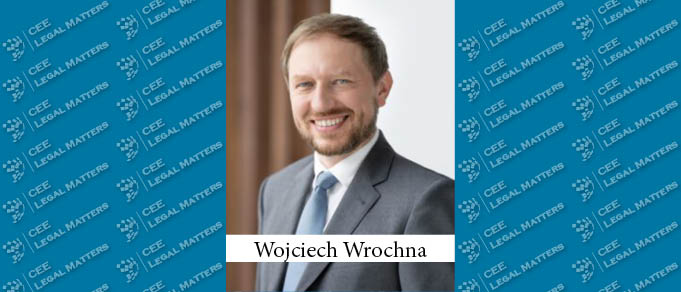Natural gas as a ‘transition fuel’ for Europe on its path towards a zero-carbon economy was supposed to help gradually reduce greenhouse gas emissions. However, this environmentally-sound objective now needs a second look, particularly when gas market developments may affect the viability of new gas-fired generation projects, and when permanent impediments to gas availability may even prevent their uninterrupted and efficient operation.
However, a switch from a largely “blue fuel”-based economy cannot be made overnight. In seeking new alternatives – in addition to obtaining the missing billions of cubic metres of gas from other sources – it will be necessary to steer new courses in order to ensure further energy security. While the adopted strategy to diversify gas sources partially allays fears of a gas shortage, it is now essential to ask the question: “what’s next?”. The experience of the recent developments may affect the structure of Poland’s energy mix, encouraging the production of energy which is less dependent on foreign resources, such as nuclear or renewable energy.
At the same time, the suspension of gas supplies to Poland raises numerous questions from a purely legal point of view. These are, first and foremost, the issues of the proper performance of gas supply contracts, and the corporate issues related to decision-making in the company that owns the Polish section of the Yamal-Europe transit gas pipeline.
While there is a real chance for maintaining relatively uninterrupted gas supplies, the likely price increases may change the preferences of legislators and investors as to the future directions for the development of the energy sector. The hopes so far pinned on gas may be shifted e.g. to a more intensive development of RES or hydrogen technologies. In particular, gas-fired generation projects planned to be implemented or already at an advanced stage of implementation in Poland are now being called into question. These are likely to be most affected by the newly emerging situation on the international gas market.
By Wojciech Wrochna, Partner, Katarzyna Ziółkowska, Junior Associate, and Bartosz Brzyski, Kochanski & Partners

